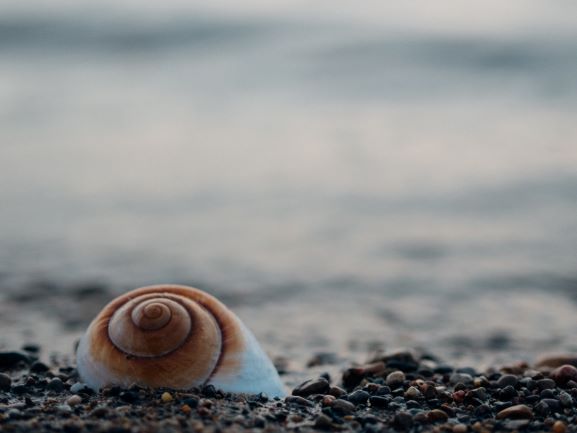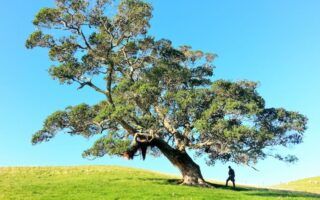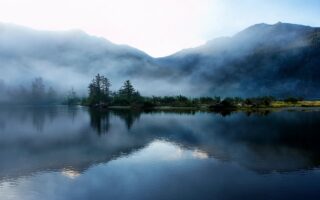I recently read a novel by Rosamunde Pilcher called Wild Mountain Thyme. Amid life changing circumstances, one of the characters in the book is lamenting the loss of a seashell she had collected. She is told, “The sea has many gifts.” It is a statement of abundance, a statement of hope. When something is lost, something as simple as a seashell or as deep as our sense of self, we can walk with hope through the darkness surrounding loss, knowing that the sea has many gifts.
So many experiences in our life lead us into spaces of doubt, doubt about ourselves, doubt about our faith, doubt about our friends, doubt about our family, doubt about the meaning of life, doubt about our value, so many doubts. To learn to live in the spaces of doubt with hope in life’s abundant gifts, is a practice of wisdom. It comes to us through time. It comes in different ways for each one of us, but it only comes if we are willing to face and accept how incomplete we are, and how incomplete we will always be. Perhaps, the wild field within us that we judge as incomplete because it does not fit our plans or our ideas about ourselves, holds our greatest treasure. Maybe instead of trying to tame the field, we need to purchase it and find our home there.
In his journal, A Vow of Conversation, using the metaphor of his hermitage, Cistercian monk Thomas Merton captures our existential situation perfectly,
All this wild area is the geographical unconscious of my hermitage. Out in front, the conscious mind, the ordered fields, the wide valley, tame woods. Behind, the unconscious, this lush tangle of life and death, full of danger, yet where beautiful beings move, the deer, and where there is a spring of sweet pure water buried.
A Vow of Conversation
Thomas Merton
In order to find God and find ourselves, we need to open ourselves to the mystery of the vast wilderness within ourselves, wilderness we might wish we could control, but whose value lies in its wild, life-giving fullness, in its tangle of danger and beauty, in its invitation to recieve from our spaces of unknowing, an invitation that often comes to us when we feel lost, when darkness overwhelms us and we are most fully in touch with our hunger and thirst.
Despite our best efforts at control, much of our existence is lived on the edges of the wild, untamed wilderness within, in the dark of night. We build warm, well lighted huts around our hearts to protect us from wilderness and darkness, but those huts of security often prevent us from encountering the vast goodness of God as well, the God whose thoughts are not our thoughts and whose ways are not our ways (Is 55:8). Often circumstances beyond our control force us to see the illusion of our warm, well lighted huts. But regardless of why or how we awaken to the awareness of the wilderness within, the biblical writers assure us that this place of hunger and thirst is the place we are meant to be, the place that offers us an abundant life that cannot be taken from us. The way through doubt to trust is less complicated than we think. It is a simple path of listening, surrendering, and receiving. God has made us hungry and thirsty for intimacy with God and God responds to our hunger and thirst with the gift of God’s very self.












